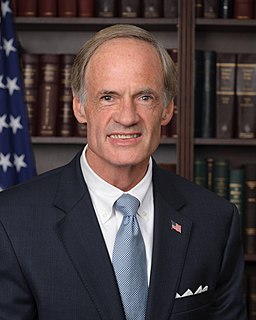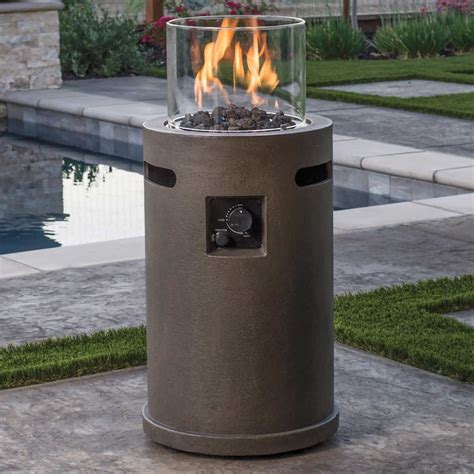A Quote by Margaret Mead
If man has not found ways to deal with environmental problems such as water and air pollution by 1998, it will be too late. The future is not determined and it lies in our own hands.
Related Quotes
The destiny of our land, the air we breathe, the water we drink is not in the mystical hands of an uncontrollable agent, it is in our hands. A future which brings the balancing of our resources-preserving quality with quantity - is a future limited only by the boundaries of our will to get the job done.
Today, about 40 percent of America's carbon pollution comes from our power plants. There are no federal limits to the amount those plants can pump into the air. None. We limit the amount of toxic chemicals like mercury, and sulfur, and arsenic in our air and water, but power plants can dump as much carbon pollution into our atmosphere as they want. It's not smart, it's not right, it's not safe, and I determined it needs to stop.
We have lots of other problems with plastic in our oceans. There are five different big gyres of plastic out in the ocean. There are problems with air pollution around the country that we need to deal with, and around the world. We have a great many problems to overcome, so I work on a lot of different boards trying to help in those important areas.
In my home state of Delaware, we've done our homework and worked hard and, as a result, we've made great strides in cleaning up our own air pollution. Unfortunately, a number of the upwind states to the west of us have not made the same commitment to reducing harmful pollution by investing in cleaner air.
We live, understandably enough, with the sense of urgency; our clock, like Baudelaire's, has had the hands removed and bears the legend, "It is later than you think." But with us it is always a little too late for mind, yet never too late for honest stupidity; always a little too late for understanding, never too late for righteous, bewildered wrath; always too late for thought, never too late for naïve moralizing. We seem to like to condemn our finest but not our worst qualities by pitting them against the exigency of time.
This notion that man can, and should, have absolute dominion over the "chaotic" powers of nature and woman...is what ultimately lies behind man's famous "conquest of nature" - a conquest that is today puncturing holes in the earth's ozone layer, destroying our forests, polluting our air and water, and increasingly threatening the welfare, and even survival, of thousands of living species, including our own.
The next decade will perhaps raise us a step above despair to a cleaner, clearer wisdom and biology cannot fail to help in this. As we become increasingly aware of the ethical problems raised by science and technology, the frontiers between the biological and social sciences are clearly of critical importance-in population density and problems of hunger, psychological stress, pollution of the air and water and exhaustion of irreplaceable resources.




































